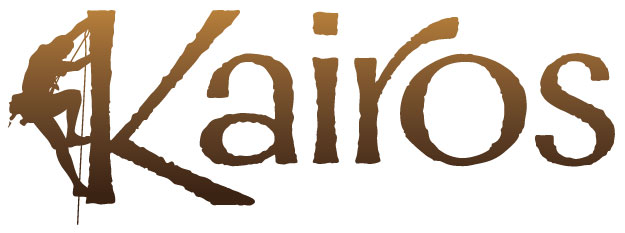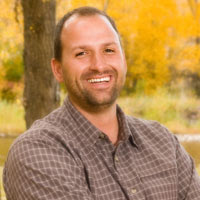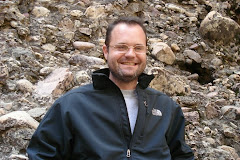
By: Mike Escalante, Program Director
I started working for a wilderness therapy program in 2003. When I began, I think only the “wilderness” part of wilderness therapy had caught my attention. I instantly fell in love with the job as it entailed hanging out with a bunch of guys in a beautiful Arizona mountain landscape. As time went on, I worked for other programs and became more and more aware of the “therapy” side. I became introduced to a variety of therapeutic theories and intervention modalities focused on facilitating change. Some of these theories interested me and others felt hokey or even oppressive.
By the time I worked for my third program, I honestly felt flooded in a sea of information and theories about “change” that oftentimes seemed to miss the mark. One theory seemed to contradict another while others seemed to be a lexical reorganization of yet other theories. After years of working with youth and implementing a whole gamut of interventions, I discovered a fundamental and necessary component of “change”. Stated simply, I learned that seeds of growth can only take root in a person when he is open to the idea of growth. I realized that each student I work with had to come to a place in their heart and mind where they were at peace with a successful outcome. When students found this open place, seeds of change could be planted and cultivated.
After making my long overdue discovery, a few things became apparent. When at war emotionally with others, we excuse ourselves from our negative behaviors. Therefore, accusing is almost always accompanied with excusing. In other words, if a student is focused on how she has been wronged by her parents and program staff than she will naturally accuse others of warped perception and excuse her actions in the interplay. Terry Warner eloquently explains this paradigm in his masterpiece The Bonds That Make us Free.
These realizations fostered a significant change in the way I viewed my role. As a caregiver, mentor or guide, my greatest challenge and responsibility was to invite my students to an open place. Openness, I have found, is the only foundation that supports the weight of lasting change. Of course my realization was not accompanied by a universal equation for eliciting openness. Rather, my realization has helped me develop a new focus and realize that my invitation must come from a place of personal openness and peace.
Fortunately, I found Kairos by Aspiro, or Aspiro found me.
Kairos is a young adult program that actively seeks to instill a sense of openness in its employees and students.
Furthermore, Kairos explicitly invites openness with our students’ families during our family workshop.
It has been awesome to see parents and children drop their accusing and excusing emotions and hence regain the ability to see themselves and others clearly.
Kairos is a young adult program that actively seeks to instill a sense of openness in its employees and students.
Furthermore, Kairos explicitly invites openness with our students’ families during our family workshop.
It has been awesome to see parents and children drop their accusing and excusing emotions and hence regain the ability to see themselves and others clearly.
Now, as the program director for Kairos, I get to work closely with guides and clinicians in training and program development. I am constantly astounded at the simple ways our field guides and clinical staff touch the lives of the students we work with.Throughout the years I have studied many therapeutic theories that have appropriate application to our work, yet none of them have the power to foster change if the person most in need of change is at war with the idea. My invitation to all of my employees, as well as to anyone who works in our important industry, is to free ourselves as much as we can from accusing and excusing emotions so that we can invite the same in our students.








No comments:
Post a Comment